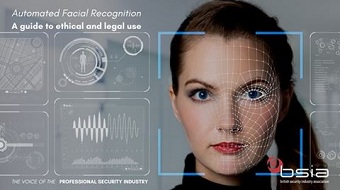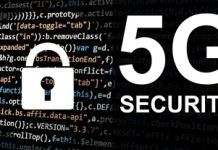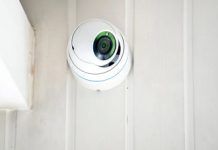The British Security Industry Association’s (BSIA) video surveillance section has launched an ethical and legal use guide for Automated Facial Recognition (AFR). The guide is the first of its kind, following recommendations on responsible use of Artificial Intelligence (AI) by the Organisation for Economic Co-operation and Development (OECD), and encompasses useful terms and abbreviations, ethical uses, and more. The guide has a specific focus on distinctive application types verification (is it you?) and identification (who is it?).
Both industry experts and the general public should be able to understand the framework as it is aimed at all levels, whilst matching key messaging with that of the UK Government’s Surveillance Camera Commissioner.
Mr. Dave Wilkinson, Director of Technical Services at the BSIA who is leading the BSIA’s AFR working group said: “This collaborative piece of work among industry experts has produced a guide with advice and recommendations on ethical and legal AFR usage, which will appeal to anyone in or out of the physical security industry. Its aim is to ensure it does not cause harm or discriminate against any persons in either a public or private setting.
“The use of AI is an exponentially growing part of daily life and we must ensure that all stakeholders are aware of the ethical and legal considerations of using these solutions. If not, this beneficial technology could be misused, leading to loss of trust and increased scepticism of the technology. We want to make sure the general public knows that this ethical and legal guidance is out there for companies to follow. Compliance with the law is paramount using this technology, and this guide will provide companies with the basis to demonstrate their commitment to complying with the ethical realities, consequences and impacts of using an AI/AFR solution.”
The guide showcases a precise picture of how AFR works and is designed to remind users of what to consider before adding a facial recognition solution to their security system.
Automated Facial Recognition: A Guide to ethical and legal use will be available to download and the working group looks to further develop this guidance document into a Code of Practice or British Standard.








